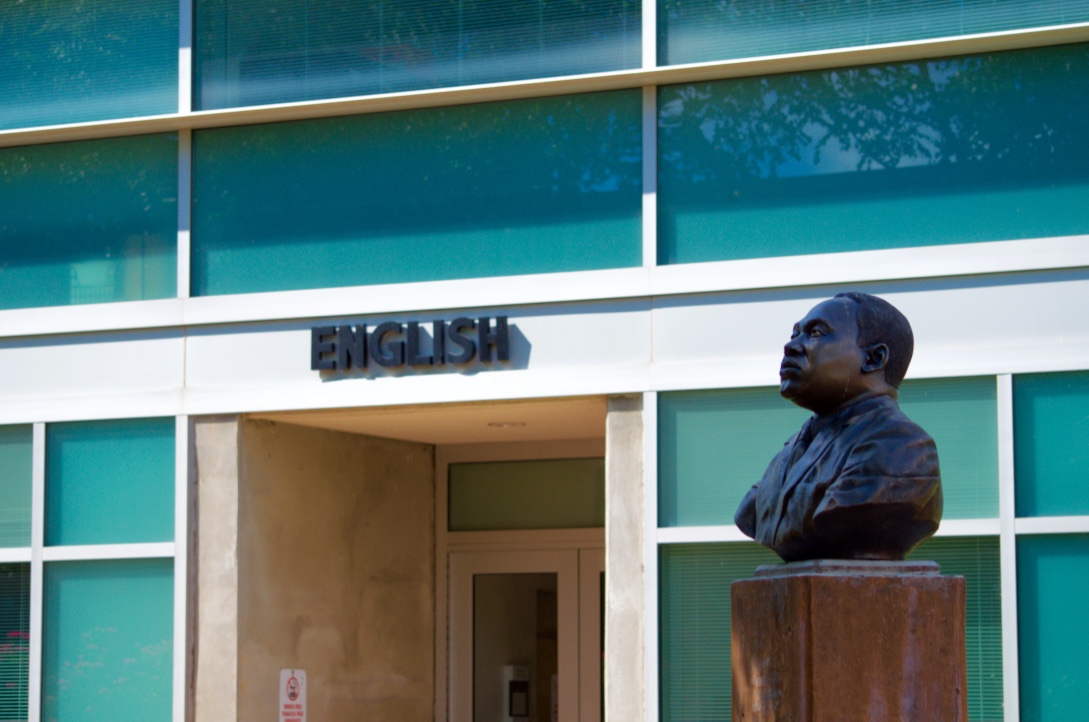Georgia’s Supreme Court reinstates six week abortion ban.
The Supreme Court of Georgia reinstated a six-week abortion ban on Oct. 7, after a Fulton County judge attempted to overturn it.
The supreme court’s order was ruled a week after Fulton County Superior Court Judge Robert McBurney deemed the Living Infants Fairness and Equality (LIFE) Act as unconstitutional. McBurney’s new ruling would have allowed women in Georgia the right to have an abortion up to 22 weeks into pregnancy.
The LIFE Act was passed in 2019 and took effect in 2022, the same year the U.S. Supreme Court overturned Roe v. Wade.
The Georgia Supreme Court paused McBurney’s ruling, at the request of Republican state Attorney General Chris Carr, who declared, “we will continue to defend the laws and the Constitution of the State of Georgia.”
Justice John J. Ellington partially dissented the ruling, contending that the ban should not be reinstated until the state’s appeal is heard.
“Fundamentally, the State should not be in business of enforcing laws that have been determined to violate fundamental rights guaranteed to millions of individuals under the Georgia Constitution” says Ellington. “The ‘status quo’ that should be maintained is the state of law before the challenged laws took effect.”
Judge McBurney expressed that the LIFE Act dehumanizes women, and imposes on their individual rights, “Women are not some piece of collectively owned community property the disposition of which is decided by majority vote,” he wrote. “Forcing a woman to carry an unwanted, not-yet-viable fetus to term violates her constitutional rights to liberty and privacy, even taking into consideration whatever bundle of rights the not-yet-viable fetus may have.”
Governor Brian Kemp opposed McBurney’s decision, claiming that the will of Georgians was overruled by the personal beliefs of one judge. “Protecting the lives of the most vulnerable among is one of our most sacred responsibilities, and Georgia will continue to be a place where we fight for the lives of the unborn,” said Kemp in a personal statement.
Before the LIFE Act was enacted, approximately 4,400 abortions occurred each month in Georgia. After the ban took effect, the monthly average declined to an average of 2,400, according to the Society of Family Planning.
Throughout the Kennesaw State community, many female students are vocal about women’s reproductive rights.
Cheniah Hosam, a student at the university, expressed her frustration regarding the injustices regarding women’s rights saying, “I think its unfair that others in power attempt to dictate the rights women should or shouldn’t have as it pertains to their body.”
On September 20, Vice President Kamala Harris visited Atlanta to speak against Republican Presidential Nominee Donald Trump’s proposed plans to limit abortion access if reelected.
Harris’ Atlanta visit came right after ProPublica reported that two Georgia women died after failing to receive proper medical treatments due to complications from their abortion pills.
Though abortion is currently banned in 14 states, national abortion rates have actually increased since the Supreme Court overturned Roe v. Wade.
Several states are passing laws to make abortion access easier.


